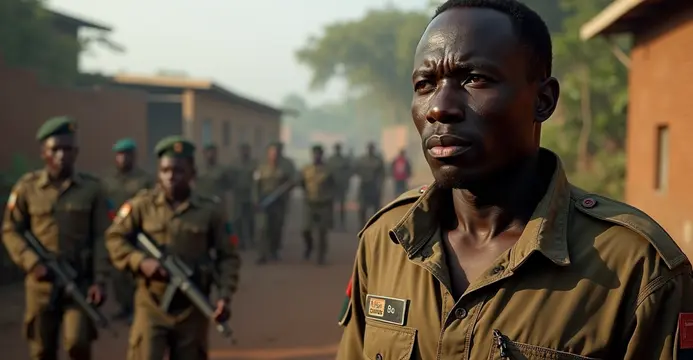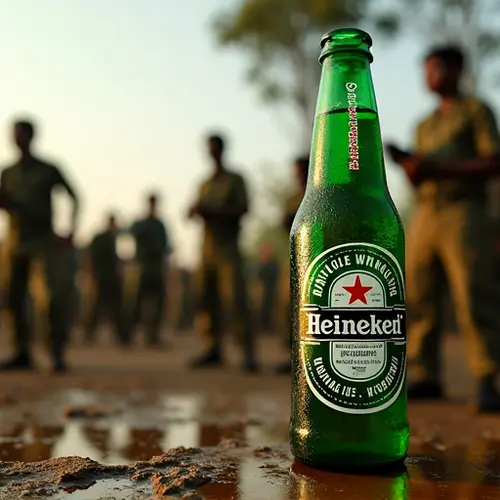
Former Congolese Leader Faces Capital Charges for War Crimes
A military prosecutor in the Democratic Republic of Congo has formally demanded the death penalty for former President Joseph Kabila, who stands accused of war crimes, treason, and conspiracy. The charges stem from Kabila's alleged support for the M23 rebel group, which has been waging an insurgency in eastern Congo with backing from neighboring Rwanda.
Serious Allegations and Political Tensions
General Lucien Rene Likulia, the Congolese military auditor general, presented the prosecution's case before the High Military Court, detailing charges that include homicide, torture, organizing insurrection, and the forcible occupation of cities including Goma. The prosecution described Kabila as the "intellectual author" of atrocities committed by the Congo River Alliance (AFC), M23's political wing.
Kabila, who ruled the DRC from 2001 to 2019 following his father's assassination, has been living in exile since 2023, primarily in South Africa. His presidential immunity was revoked in May 2025, allowing the current administration of President Felix Tshisekedi to pursue legal action against him.
Regional Conflict and International Dimensions
The M23 rebellion has devastated eastern Congo for years, displacing hundreds of thousands and causing widespread human rights abuses. United Nations experts have documented Rwanda's "critical" role in supporting the rebels, though Rwanda denies these allegations. The conflict has created a humanitarian crisis in the mineral-rich region, with reports of thousands of civilian deaths, systematic rape, and child soldier recruitment.
In July 2025, the DRC government and M23 signed a preliminary ceasefire agreement, though peace negotiations remain fragile. The timing of the death penalty demand raises questions about its potential impact on ongoing diplomatic efforts to resolve the conflict.
Political Reactions and Legal Proceedings
Kabila's political party, the People's Party for Reconstruction and Democracy (PPRD), has denounced the trial as a "political set-up" designed to eliminate a powerful opposition figure. Supporters claim the judicial process resembles "settling scores rather than truth-seeking."
The military court is proceeding with the trial in absentia, as Kabila remains outside the country. No date has been set for the verdict, but the prosecution has requested immediate detention, asset sequestration, and the death penalty for most charges.
The DRC lifted its moratorium on capital punishment in 2024, though no judicial executions have been carried out since. This case represents one of the most significant political trials in recent Congolese history, with profound implications for the country's stability and democratic development.

 Nederlands
Nederlands
 English
English
 Français
Français
 Deutsch
Deutsch
 Español
Español
 Português
Português





